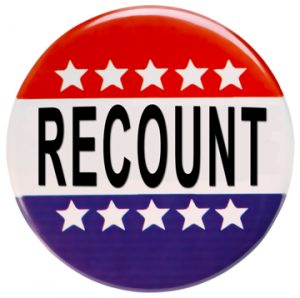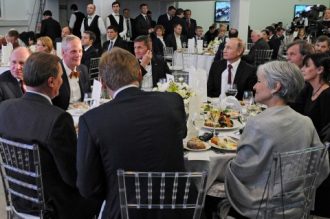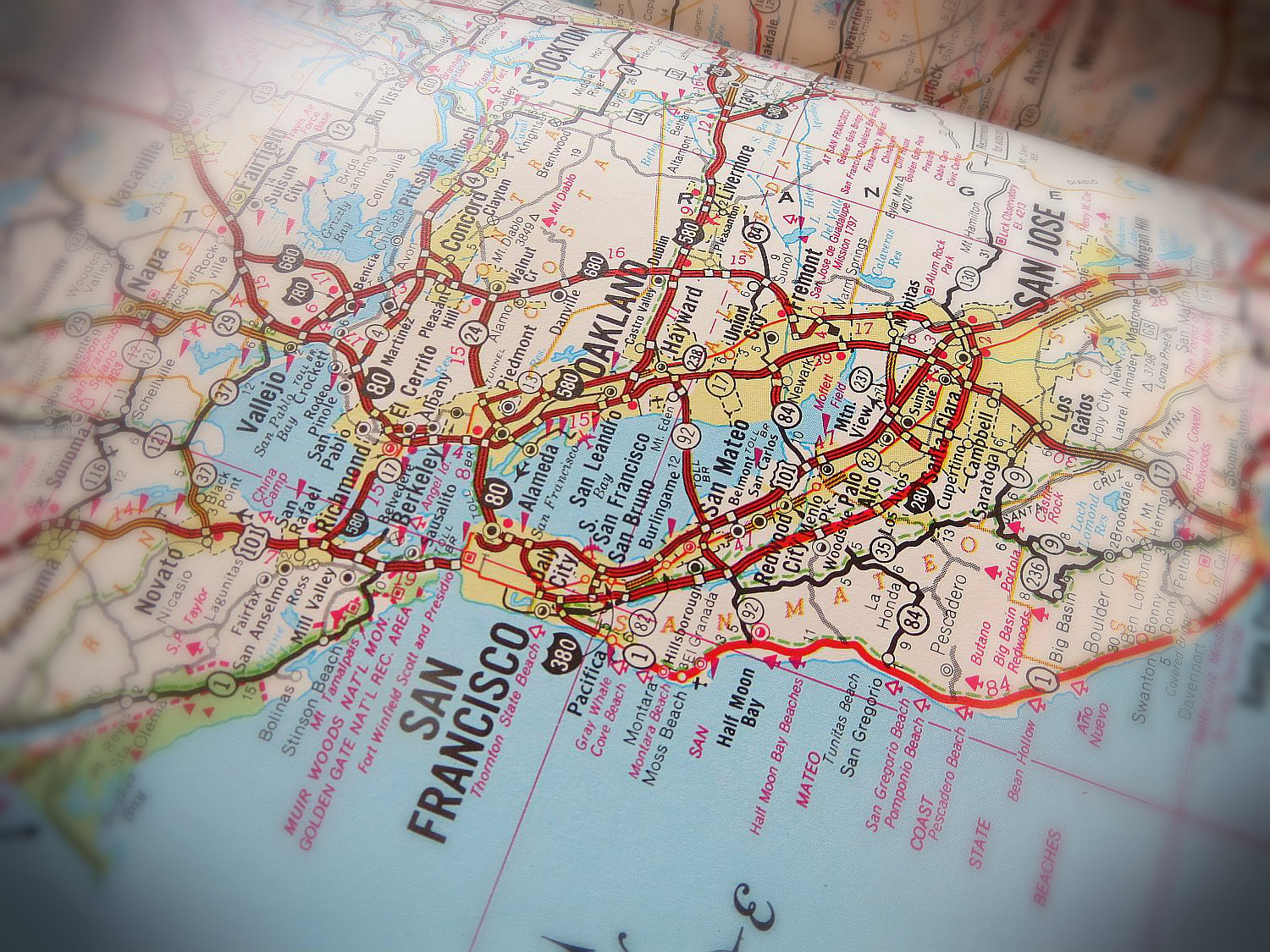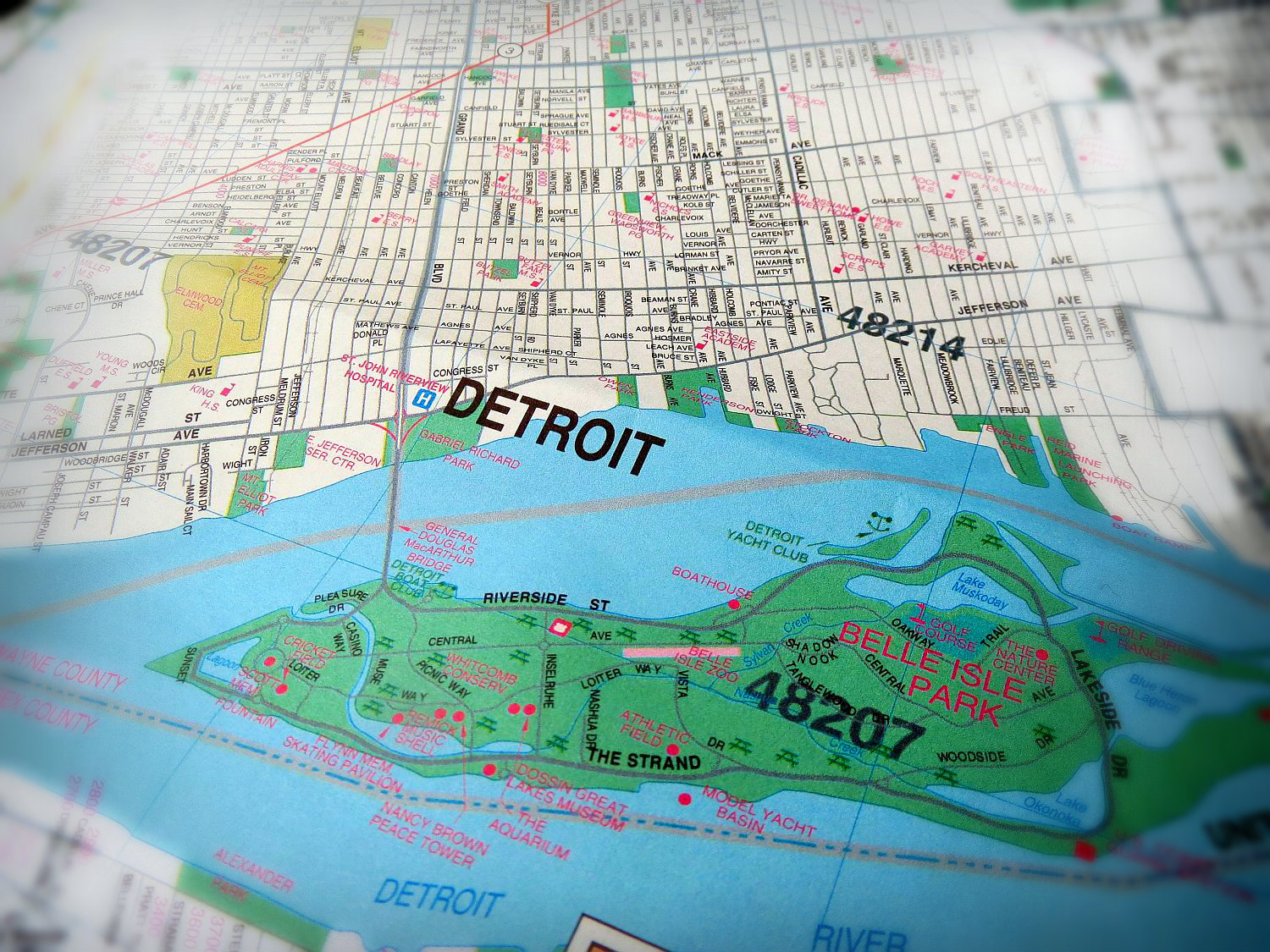The Stein Recount Needle and the Damage Done
 I stated earlier my issues with the Jill Stein fueled “recount” effort. Since that time, there seems to be a hue and cry to the effect of “irrespective of Stein, these will be helpful and are especially needed after Trump’s lie!”.
I stated earlier my issues with the Jill Stein fueled “recount” effort. Since that time, there seems to be a hue and cry to the effect of “irrespective of Stein, these will be helpful and are especially needed after Trump’s lie!”.
There are many instances of that thought, but this from Will Bunch at the Philadelphia Inquirer/Daily News, a friend whom I admire and like greatly, is indicative:
The stakes are too high to calculate. But there is one other thing about Trump’s big lie about the 2016 election. Ironically, before today, the case for a recount in the three states was a tad shaky. While the threat of Russian (or other) hacking has been a valid concern, little in the way of actual evidence of a stolen election has emerged since November 8. But now that Trump has alleged massive fraud, the integrity of the American system demands that the result be audited and properly certified. So let the re-counting begin.
I disagree rather strongly.
As said, I already stated my objection to Stein’s effort, as initially targeted to Wisconsin. Let’s take a look at the situation in Pennsylvania, where Stein has putatively filed today, the last possible day legally. A quote from Pennsylvania election lawyer Gregory Harvey in local Pennsylvania press is instructive:
The biggest obstacle to this getting anywhere may be deadlines. The recount petitions come on the very last day, and if they’re designed to generate enough evidence to contest the election, that’s going to be a stretch.
Harvey, the election lawyer says the deadline for an election contest, which must spell out the specific conduct that merits overturning the result, is also Monday, Nov. 28. With a compelling case you can always ask the court to make an exception, but they tend to be pretty strict about election law — that thing about not changing the rules after the game is played.
Harvey said Steins’ prospects for success are so remote that “raising money to do something in Pennsylvania must be intended only to publicize the Green Party.”
Again, remember, there is a difference between rote “recounts” and comprehensive “audits”. This is especially germane to WI as noted previously, but also to Pennsylvania, and Michigan, should it come too. Even if the recount found something, and there is no basis to believe it will, the legal timeframe is blown. And, no, courts are not likely to remedy such laches. (So, where has Stein been for weeks since the election and before she so conveniently glommed on to, and misrepresented, Halderman et al’s report?) Ah, late breaking, indeed Wisconsin has already denied the last second recount by hand from Stein and Stein is now suing to try to overcome the administrative ruling:
Unless Stein wins her lawsuit in Dane County Circuit Court, officials in each of Wisconsin’s 72 counties would decide on their own whether to do their recounts by hand. That could mean some counties perform recounts by machine and some by hand.
Yes, shocking! And good luck with that. Again, as I have relentlessly stated, once you approach administrative boards and, even more so, courts, you need actual demonstrable bases for your argument of fraud, mistake etc. Which is something Jill Stein and her effort simply have never had. That does not cut it. Ooops!
Stein has until Wednesday to file in Michigan, but there is no reason to think the effort will be any more focused, intelligently drafted, nor timely, than has been displayed to date in Wisconsin and Pennsylvania.
But there are bigger issues here than Jill Stein’s folly, right? Right! Indeed there are, and Stein’s cynical effort only hurts those larger picture items. But, irrespective of all of the above, it is a wonderful thing that the votes are being recounted, right? Maybe, and quite arguably, maybe not.
If this effort involved intelligent and targeted meaningful “audits” of voting in Wisconsin, Pennsylvania and Michigan, that would truly yield the data we need to answer a variety of questions, I would agree wholeheartedly. But that is not what is afoot here via Stein. These are rote last second “recounts”, likely through the same tabulation mechanisms originally used, and are almost guaranteed to produce the same results, give or take minuscule deviation.
In fact, as close as I can discern from reportage, even in Stein’s first state, Wisconsin, to perform a truly different full hand count analysis requires leave of a court. And it is hard to see leave of court being given without a substantive evidentiary basis being proffered, of which there is, of course, none to date. In Pennslyvania, the outlook is no better, and arguably even more lame and adverse. That is before we ever get to Michigan, which the last second for Stein is Wednesday.
There are a lot of truly intelligent and proper purposes for all Americans, and currently Democrats, to want to test and audit the vote in this country. It is that important, and that germane to our democracy.
By the same token, it is also too important to be driven by a crass vanity project at the last second by a bit player glomming on for self promotion. This is the lifeblood of American plebiscite and democracy, and we deserve better.
But the current action is not just a curiosity that “can’t hurt” or that is suddenly necessary to react to some idiotic tweet by Trump. The stakes are higher than that. Stein’s effort is ill advised, ill counseled legally, ill targeted, ill executed and ill timed by every metric I can see.
And, yes, there can be real harm therefrom. An effort like this that does nothing but confirm the general overall propriety of the 2016 vote does nothing but confirm Trump’s election. But, more importantly, it lends a larger argument that our voting system is fair and accurate, and thus not in need of further reform and updating.
Sure, it may, for the next few weeks, counter the blindered fascination of many as to rebutting Trump’s idiotic tweet on “millions of illegal voters”, but that is transient and short sighted. In the long run, it will just feed the larger GOP effort, and they now hold both houses of Congress and the Presidency, to not reform and improve American voting mechanisms, but indeed to accept that it is all fine technologically and then go about further voter suppression and restriction measures generally.
Greg Sargent discussed this at the Washington Post Plumline this morning:
Trump has now made national news with this tweet, a response to reports that Hillary Clinton’s campaign will join a recount effort in Wisconsin and possibly Michigan and Pennsylvania as well
….
As Glenn Kessler explains, there is zero evidence that this happened. Trump will continue to reach deep into the fever swamps to shape reality for himself and his supporters — only now he’ll do so in the position as most powerful person in the world. Trump also tweeted that there was “serious voter fraud” in three states that the media refuses to report upon.But all this may also telegraph something concrete that we might see under a Trump presidency: A far more ambitious effort to restrict access to voting than we might have expected.
“My concern is that this might be a signal that we will see an assault on voting rights,” Wendy Weiser, the director of the Democracy Program at the Brennan Center for Justice, told me today. “Claims of nonexistent voter fraud and noncitizen voting are precisely the kinds of baseless justifications that we’ve seen for the wave of laws in the past couple of years restricting voting access.”
Yes, indeed. I think this is exactly what I am, and have been, saying. Well put by Sargent.
Democrats, and yes Greens to the extent they really care, should stop playing the game that is already lost, and 2016 is already lost, and start playing smartly as to the future. You want comprehensive and meaningful actual voting audits, as opposed to rote recounts, of the vote? Excellent! Let’s work on that for the future. Let’s do that for all states, and not just the three that Jill Stein glommed onto to self promote.
There is a fight out there to be won, but the instant “recount” effort is ill advised and not going to do squat to win it.












